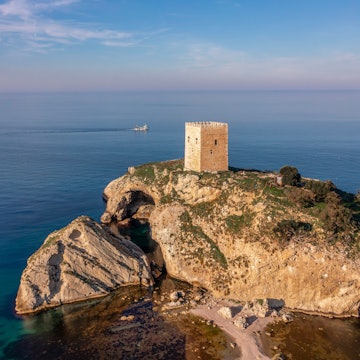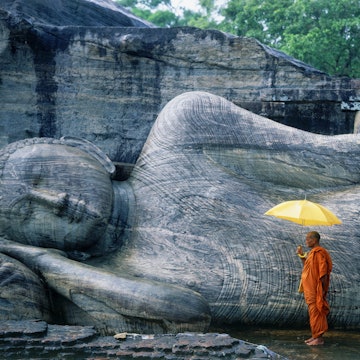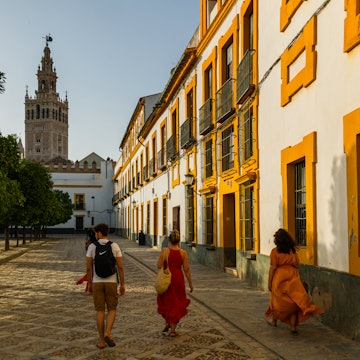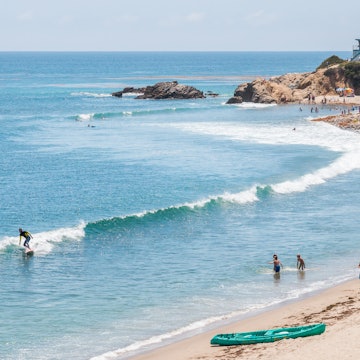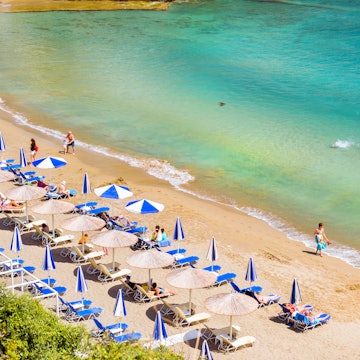
Tidy planet: 10 cleaning inspirations from around the world
Sponsored by

Jun 30, 2023 • 5 min read

The wet and wonderful Songkran festival of Thailand is just one of our favorite cleaning and organizing inspirations from around the world © Chadchai Ra-ngubpai / Getty Images
There’s a weird, wonderful, and practically universal fascination we have for cleaning, tidying and organizing.
Almost every culture has its own cleaning methods and traditions — and, in many cases, yearly holidays to focus on cleaning house. Meanwhile, trends like The Home Edit or the KonMari method sweep onto the scene on a regular basis, and technology is rapidly advancing to make cleaning an even more essential part of everyday life.
So, whether you’re a TikTok cleaning video mega fan (how is CleanTok so satisfying?) or just tidy-curious, here are our favorite inspirations from around the world.

Osoji — Japan
Japan has a wealth of inspirational new year celebrations, so we’ll start our year with osoji, the physical and metaphorical “big clean.” Out come the rubber gloves, recycling bags and brooms. Out goes anything that’s old, broken, or clutter.
Many of the principles of osoji are echoed in celebrity organizer Marie Kondo’s KonMari method — gathering items in one room, reviewing them all together in a mindful way, and putting them in a purposeful place.

Kehrwoche — Germany
Dating to the 1400s, today’s German custom of Kehrwoche — or “sweeping week” — rotates the cleaning duties of the public areas of apartment blocks and other communal buildings among their occupants. It was law until the late 1980s, and today it might well be included in the rental agreement. It’s not fun, but it’s necessary to keep shared spaces looking their best.
Crucial to maintaining good relations with your neighbors, doing your bit to keep common areas clean and tidy is a mark of good manners and good citizenship – and you’re liable to receive scowls from the more fastidious folks upstairs if you forget, or slack off.

Nowruz — Iran
Persian New Year usually takes place in late March, and it’s a highlight in Iran and in diasporas around the world — thanks in part to the delicious food associated with the holiday. Bundles of wheatgrass, representing rebirth and renewal, are among many symbols added to the Haft-seen, an altar set up in the home.
There’s also a thought-provoking cleaning tradition too: a few weeks before celebrations, people comb through their houses to put things to rights, whether to repair something broken or cleaning something that falls through the usual cracks of tidiness.
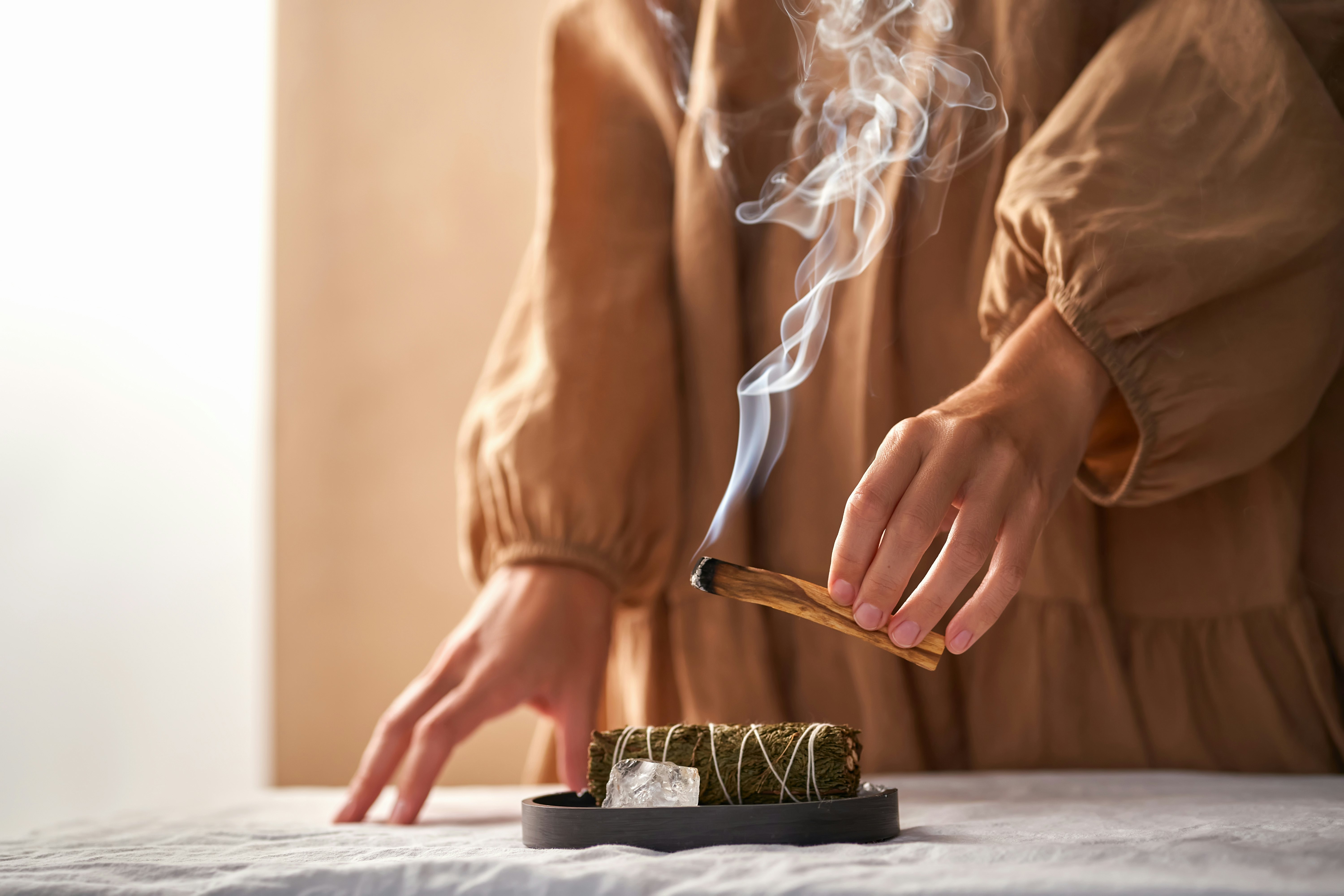
Hogmanay — Scotland
Scotland is another country with a new year cleaning tradition, where homes are cleaned thoroughly. The tradition is thought to stem from the need to sweep out old fireplaces in the middle of winter in these northern climes.
Saining — roughly, “blessing” — the house burns fragrant wooden branches to remove odors, household pests and, in theory, evil spirits. (This smoking-out of nasties is common across many cultures. Smudging and saging are other names for burning herbs and woods that smell lovely to us but not to pests.)
At the end of the cleaning period, it’s time to visit your favorite neighbors and be the first over their threshold for the new year. Tradition says a tall, dark and handsome man is the luckiest visitor, which … well, checks out, really.

Spring cleaning — USA, UK, and Commonwealth nations
It’s so common to fling your windows open and clean your house thoroughly in the spring that the idea of a “spring cleaning” has largely passed into metaphor. You might give your computer files a spring cleaning these days, even though they — unlike your house — don’t get dusty and musty over a long, cold winter.
Spring cleaning often waits for the first day of the season warm enough to throw open windows, hang carpets and drapes outside and give them a good beating to get out the dust while also cleaning the house top to bottom.

Lunar New Year — China and much of southeast Asia
The most important celebration of the year in its home cultures, Lunar New Year is a big bash. To get ready, people give their houses a thorough cleaning.
Here, as elsewhere, the cleaning is practical and metaphorical, and focuses particularly on anything old and unwanted — whether that’s ideas or belongings.

Döstädning — Sweden
Ever heard of Swedish Death Cleaning? Don’t worry, it’s not about working yourself to death with a broom. It’s about taking a sensible, no-nonsense look at your belongings — and indeed your way of life — and trying not to leave behind a “Hoarders”-style nightmare for your loved ones after you die.
Döstädning, literally death-cleaning, is a kind of practical minimalism, and might coincide with a life milestone in middle or early old age, a move to a smaller home, or another big life change. With all the hustle and bustle of our modern world, isn’t that a comforting thought?
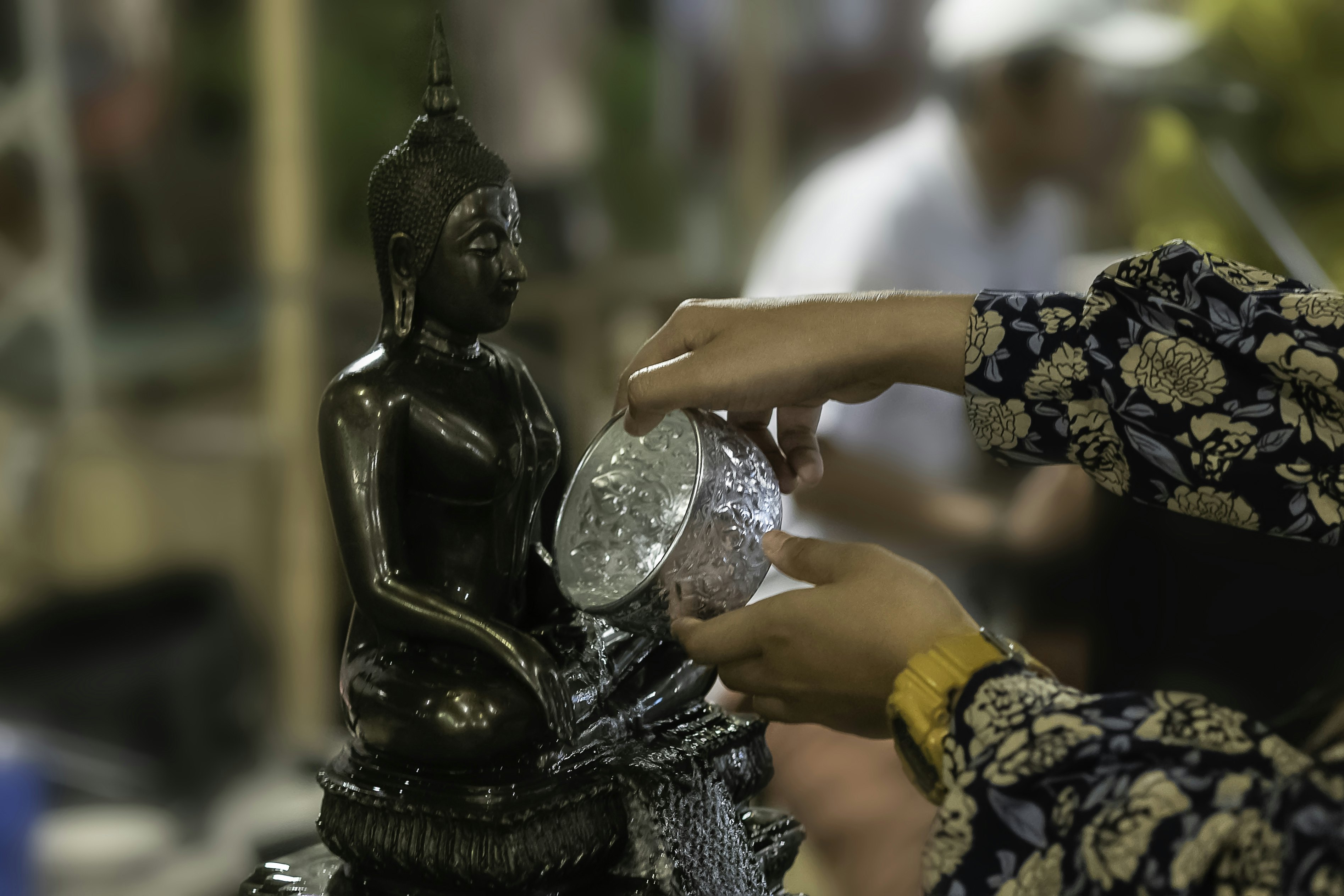
Songkran — Thailand
The solar new year in south and southeast Asia is celebrated in many countries around the world, but Thailand’s Songkran holiday is perhaps the best known internationally.
Previously Thailand’s official new year, the roots of the festival — held in one of Thailand’s warmest months — trace back to carefully washing out the house with plenty of water. Today it’s a riotous party where you’re sure to get absolutely soaked by water cannon, bucket or anything else that will hold water.

La quema del diablo — Guatemala
Literally “the burning of the devil,” Guatemalans trace their December 7th fire festival to traditional beliefs that the devil was concealed within their home in dusty uncleaned corners or in trash piles. So out went the trash to be ritually (and physically) burned in the street.
Of course, these days trash contains a lot of things that don’t burn cleanly, so today’s burning devil is often a small piñata-style effigy.
From Roborock
Clearly, the world’s cleaning methods and traditions are continually evolving – today’s technology makes a whole-house refresh even easier.
If you’re off to visit one of these countries, or anywhere at all, wouldn’t it be nice to return to a home as tidy as the first day after Osoji? With Roborock’s new S8 line of robot vacuums, it’s easy to “Forget About Cleaning, Really.”
The Roborock S8 Pro Ultra, S8+ and the S8 feature an upgraded docking system, smart obstacle avoidance and easy-to-use app control. And the DuoRoller Riser Brush and VibraRise 2.0 Mopping system offer twice the cleaning power.
Many robot vacuums on the market aren’t really that intelligent or automatic. So, out with the old and in with the new – the Roborock S8 series might just become your new cleaning tradition.
Sponsored by Roborock
As a travel entertainment and inspirational media outlet, we sometimes incorporate brand sponsors into our efforts. This activity is clearly labeled across our platforms.
This story was crafted collaboratively between Roborock and Lonely Planet. Both parties provided research and curated content to produce this story. We disclose when information isn’t ours.
With sponsored content, both Lonely Planet and our brand partners have specific responsibilities:
-
Brand partner
Determines the concept, provides briefing, research material, and may provide feedback.
-
Lonely Planet
We provide expertise, firsthand insights, and verify with third-party sources when needed.
















